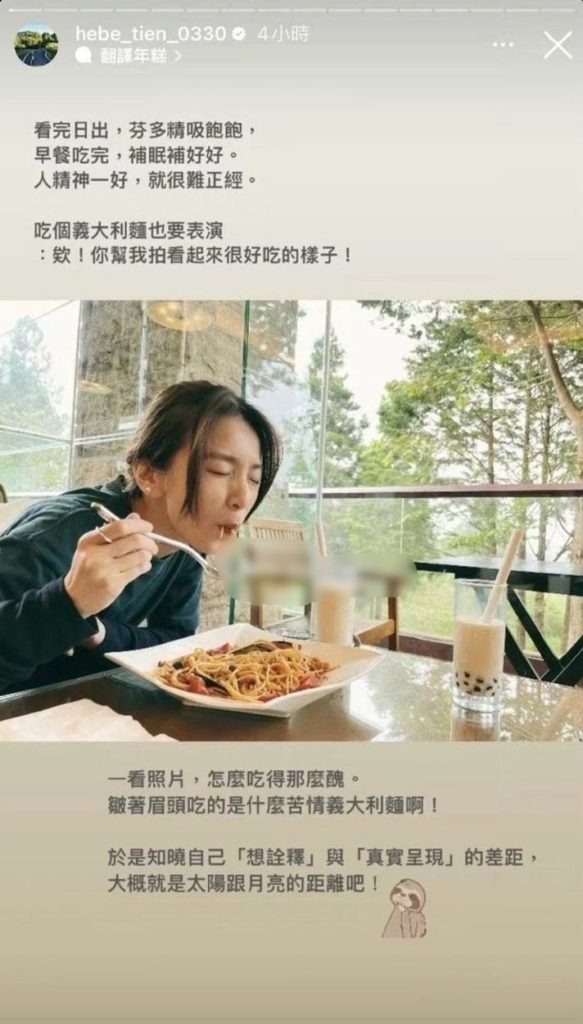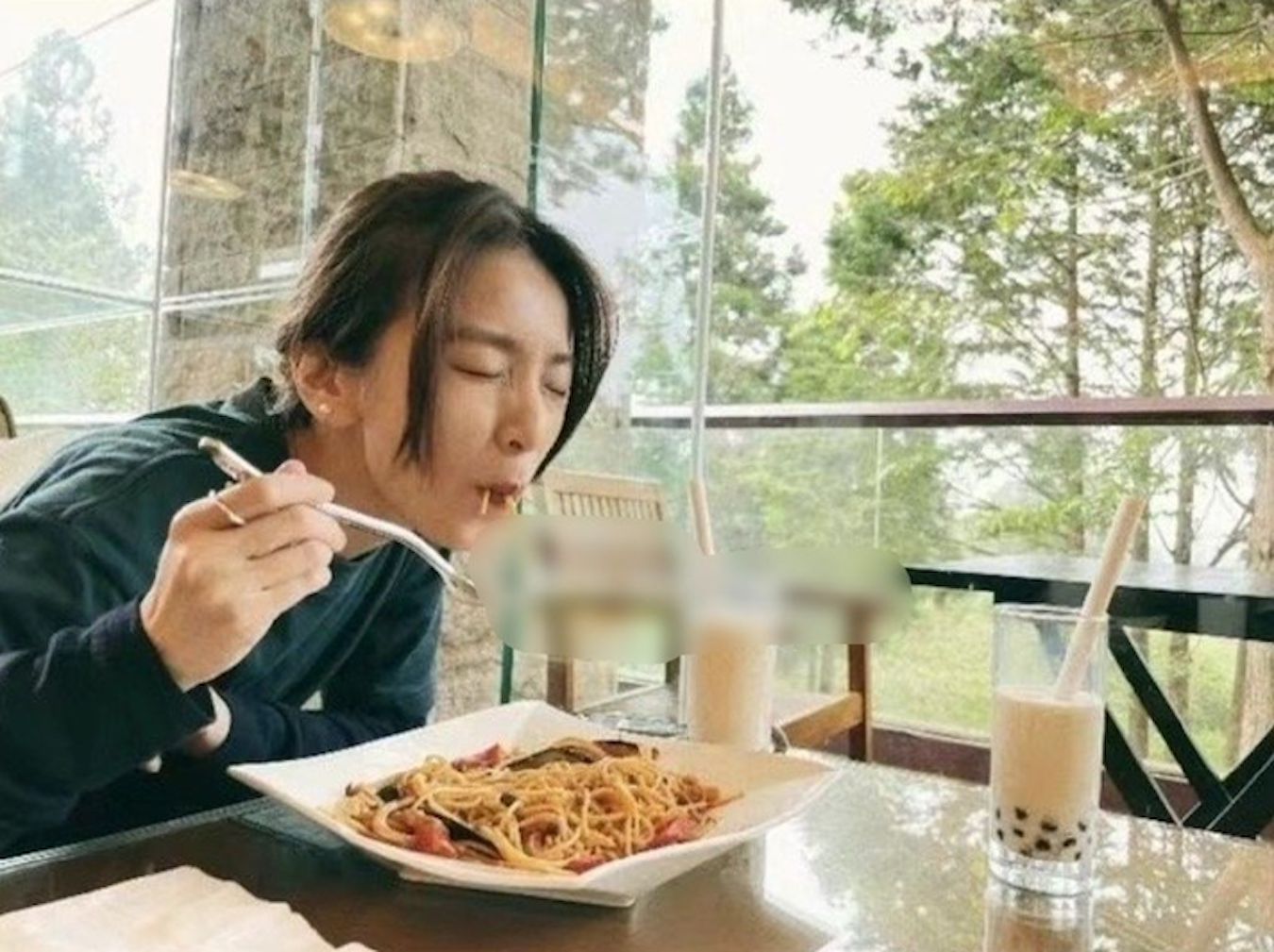by Brian Hioe
語言:
English
Photo Credit: Screenshot
ALTHOUGH MOST discussion of US House Speaker Nancy Pelosi’s recent visit to Taiwan has been about the geopolitical implications, a bizarre undertext to the visit was the frequent times that food came up as part of political attacks.
The most discussed example of this was Chinese Ministry of Foreign Affairs Hua Chunying posting a Baidu Maps photo of restaurants serving Chinese regional cuisines in China on Twitter to suggest that Taiwan is and has always inherently been part of China. Hua also suggested that Taiwan would return to China in the future, as “the long lost child will eventually return home.”
Baidu Maps show that there are 38 Shandong dumpling restaurants and 67 Shanxi noodle restaurants in Taipei. Palates don’t cheat. #Taiwan has always been a part of China. The long lost child will eventually return home. pic.twitter.com/p50RXund9T
— Hua Chunying 华春莹 (@SpokespersonCHN) August 7, 2022
This suggestion was quickly mocked. After all, KFC franchises are commonplace in Beijing, this would suggest that Beijing is a part of Kentucky. One also notes that Taiwanese restaurants are also present in Beijing and other Chinese cities, which by this logic would suggest that China is a part of China. And the presence of pizzerias in China, Taiwan, or other countries around the world would suggest that all of these places are part of Italy.
In comments on Twitter, food writer Clarissa Wei also pointed to how Chinese regional cuisines served in Taiwan differ in taste from restaurants found in China. These are often run by individuals who are the descendants of individuals that came to Taiwan with the KMT, but who may have themselves never been to China.
Taiwan has had regional Chinese cuisine for 50 years. During this time, it has evolved to be distinctly Taiwanese & adapted for the local palates. pic.twitter.com/ecmWQfzO2S
— Clarissa Wei (@dearclarissa) August 7, 2022
As though this did not prove strange enough, however, in the same timeframe one saw online Chinese nationalists attacking Taiwanese entertainers who work in the Chinese market for images of themselves eating food in such a manner that this was interpreted as some kind of support for the Pelosi visit.
For example, eating spaghetti was seen as a sign of support for Pelosi, who is of Italian descent. This led to the targeting of Hebe Tien, who attracted the ire of Chinese netizens after she posted a photo of herself as an Instagram story eating spaghetti and drinking bubble tea–the latter was interpreted as a reference to the Milk Tea Alliance.

The offending Instagram story from Hebe Tien
Of course, few in Taiwan were probably aware of that fact regarding Pelosi’s heritage, and even fewer would draw connections between spaghetti and some reference to Pelosi’s background. Nevertheless, Pelosi’s Italian background was something that Chinese nationalists netizens zoomed on with undue significance in the course of her visit, claiming that Pelosi’s background explained her warmongering tendencies, given the belligerent nature of Italians. This perhaps points to the highly racialized view of the world for Chinese nationalist netizens.
Taiwanese actor and musician Aaron Yan also was targeted by angry Chinese nationalists after making a post on Facebook about eating what he referred to as “Taiwanese-style breakfast.” But, of course, the term “Taiwanese-style breakfast” is hardly offensive–one can of course recognize Taiwanese food as separate and distinct from Chinese regional cuisines while still taking the view that Taiwan is part of China. Nevertheless, this still upset Chinese nationalists that alleged that Yan was a supporter of Taiwanese independence.

The Facebook post in question from Aaron Yan
Food, then, proves politically charged territory when it comes to cross-strait relations. What is also of note regarding the intersection of food and regional politics is that online networks initially active during the Milk Tea Alliance phenomenon reacted to the targeting of Taiwanese celebrities and began mocking Chinese netizens for their paranoid nationalism.
Yet to this extent, one notes that the conspiratorial allegations against Taiwanese celebrities reflect the projection of the dynamics of the Chinese Internet onto Taiwan. Given online censorship, Chinese celebrities seeking to make a political statement may do so through subtle actions such as posing with food or an otherwise innocuous item in a way that connotes political meaning. However, this is projected onto the Taiwanese Internet by Chinese nationalist netizens–in which certainly, subtle political signaling also occurs, to be sure, but where there is no need to be so secretive about political messaging, given the lack of Internet censorship in Taiwan.



